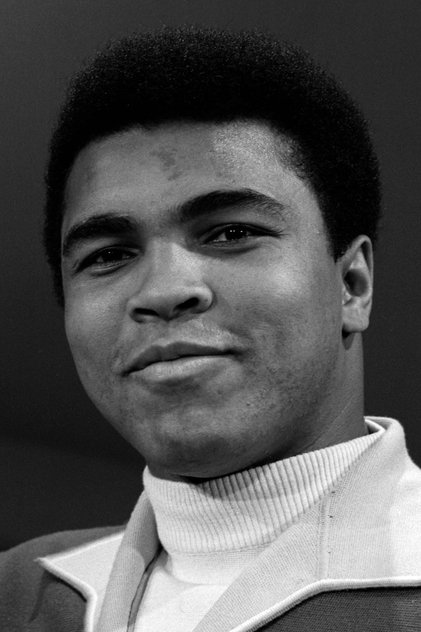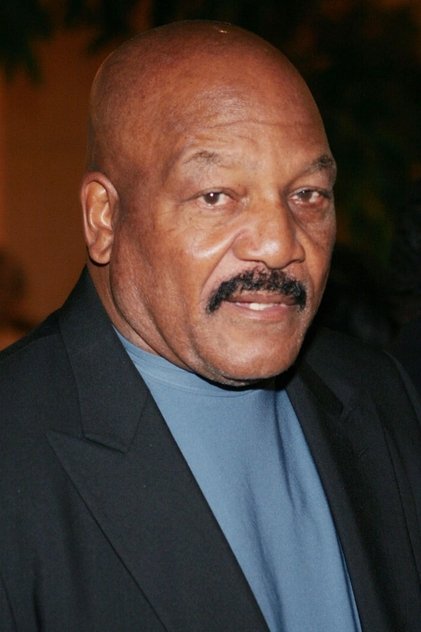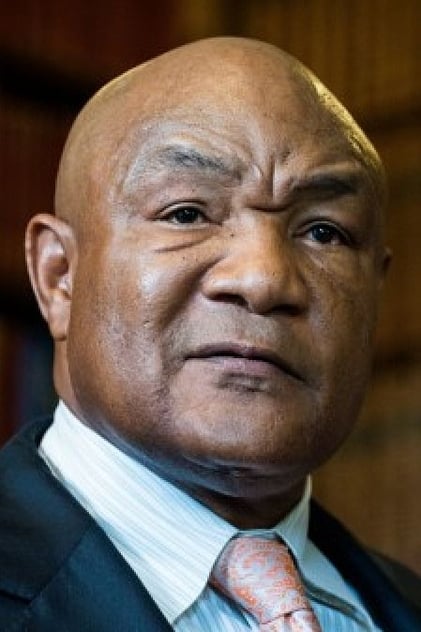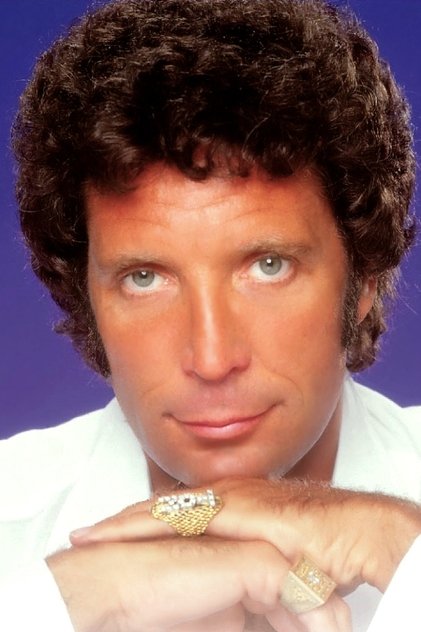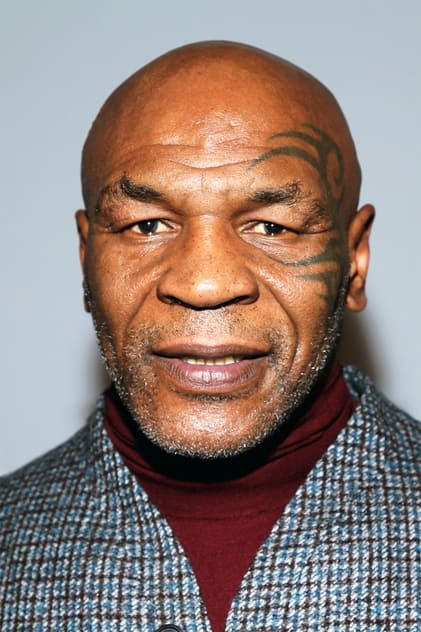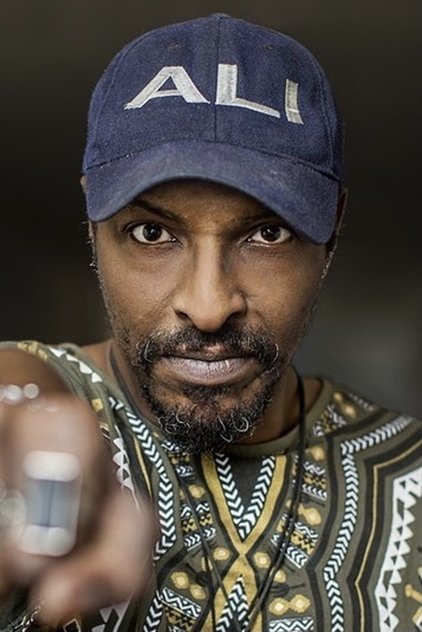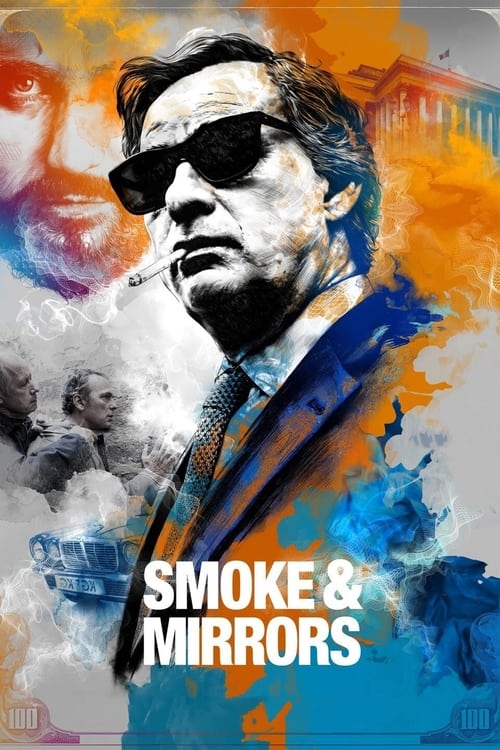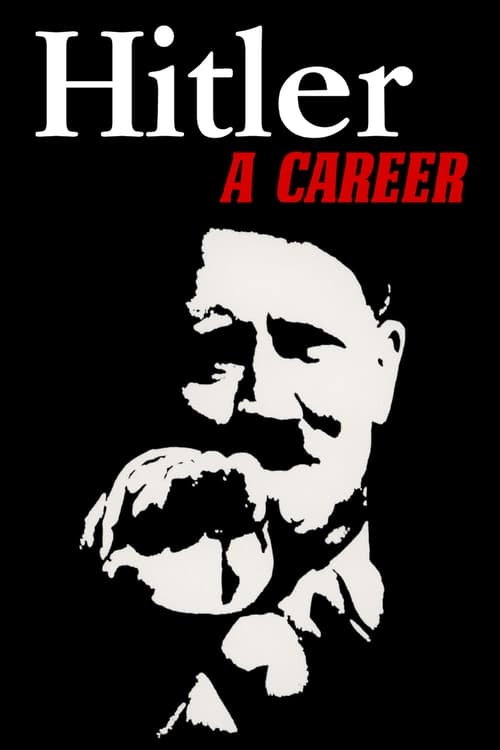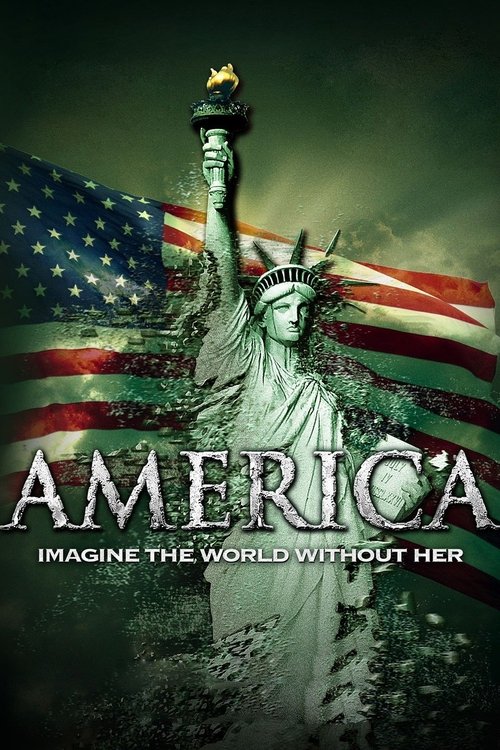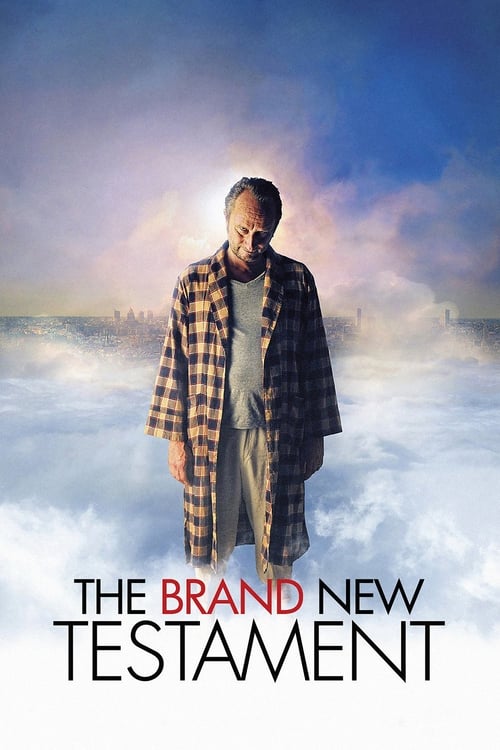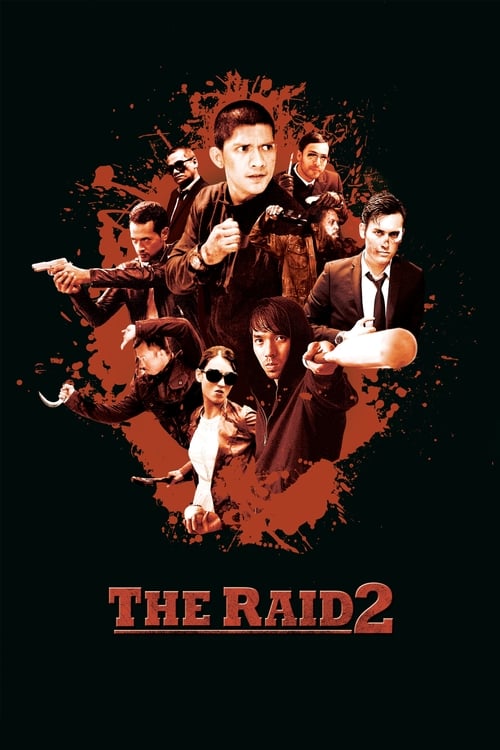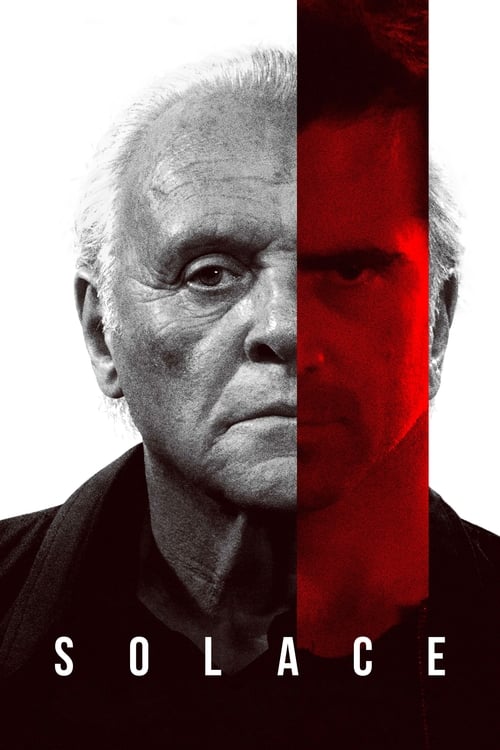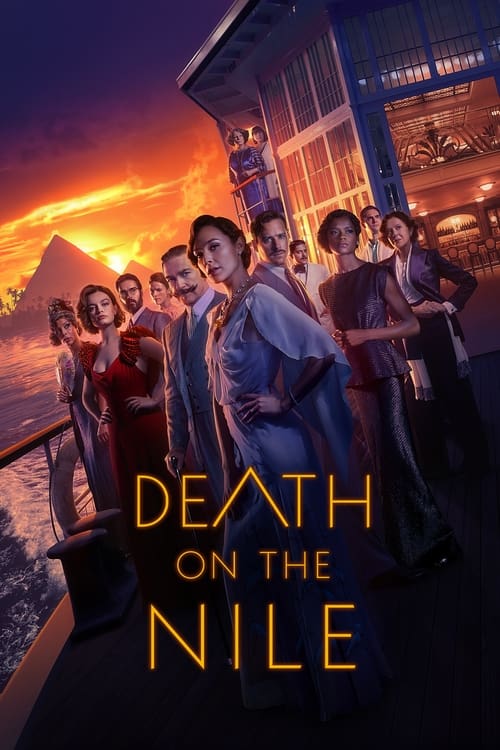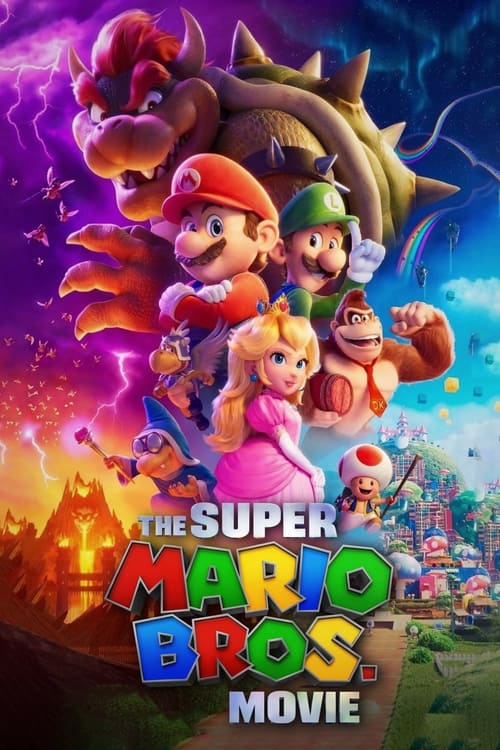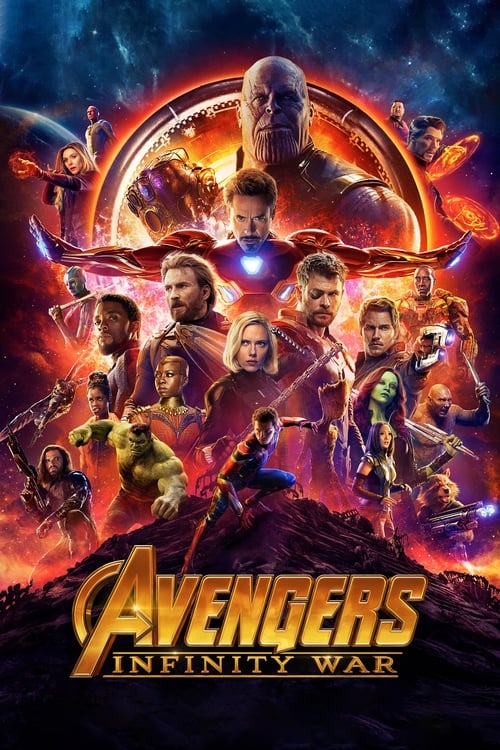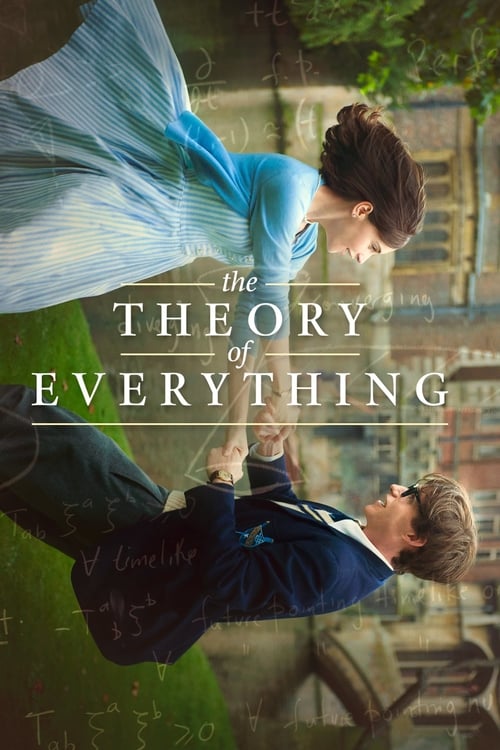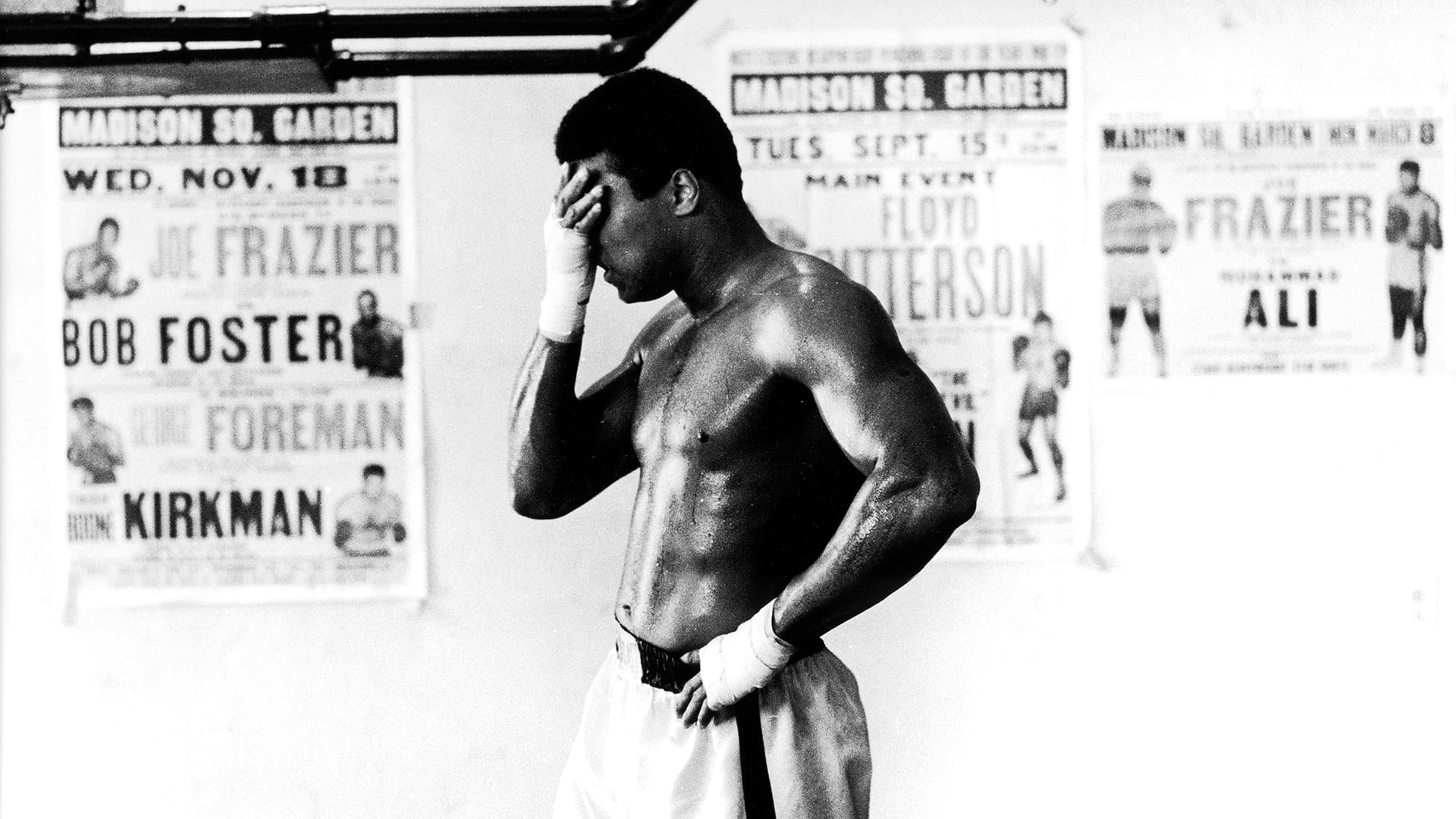

2014
·111m
I Am Ali
Summary
Unprecedented access to Muhammad Ali's personal archive of "audio journals" as well as interviews and testimonials from his inner circle of family and friends are used to tell the legend's life story.
Reviews
narrator56
October 1, 2021
There are segments in this all access biopic that do indeed try to show sides of this most famous of celebrities we may not have seen before. The tapes he recorded with his children, interviews with his longtime inner circle. And it is understandable that it comes off ultimately seeming like a production from the Public Relations arm of Muhammad Ali Inc. at worst it comes off as one more forum to reflect that he was the greatest boxer, most famous celebrity, world’s best father, friend, social activist, and so on. Greatest boxer and most famous person, yeah, could be. The rest, not so much.
What stood out in stark contrast to me to the 1 hour and 45 minutes of various forms of praise and good deeds, were the very few minutes showing him apologizing and regretting calling Joe Frazier a gorilla, Uncle Tom, and so on. This was Frazier, who helped Ali early on, both financially and with his efforts to regain his boxing license. Yes, it is nice that he apologized much later, but for most of us, we would have known not to say those things at all merely to build interest in a fight or get inside your opponent’s heads. Not saying those things about a friend and colleague would have been as natural as, say, a great boxer flicking out a left jab.
